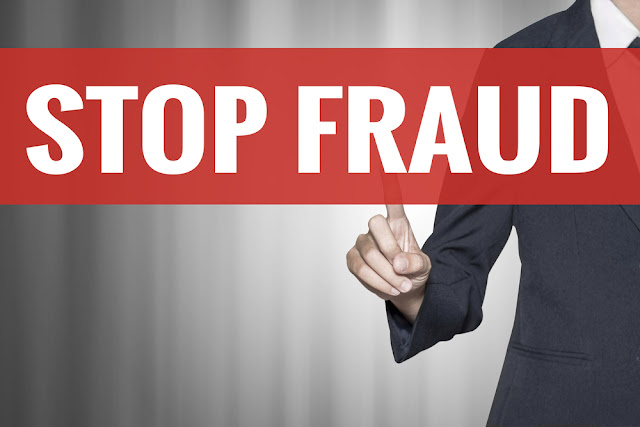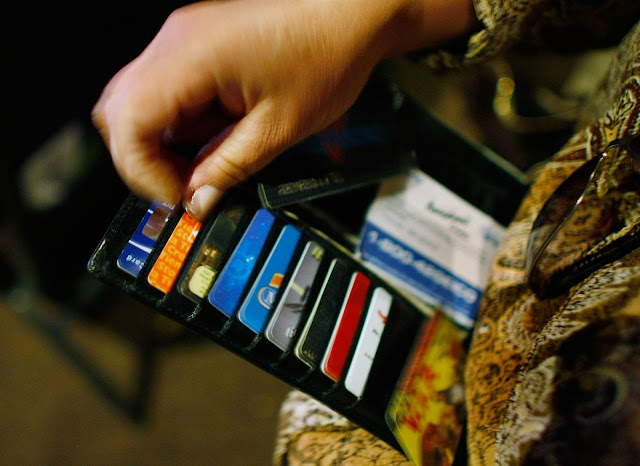The Psychology of White-Collar Criminals
Yuriko Nakao / Reuters
A researcher reflects on conversations with nearly 50 convicted executives about why they did what they did.
A researcher reflects on conversations with nearly 50 convicted executives about why they did what they did.
Two leading executive headhunters once wrote a book called Lessons From the Top: The Search for America’s Best Business Leaders that celebrated 50 titans of industry. Readers were encouraged “to learn from and pattern themselves” after the leadership qualities displayed by these executives. Yet within a few years of the book’s 1999 publication, three of those 50 were convicted of white-collar crimes and headed to prison, and three more faced tens of millions of dollars in fines for illicit activity. It was an extraordinary rate of failure for executives once deemed the “very best—and most successful—business leaders in America.”
I’ve spent much of the last seven years investigating why so many respected executives engage in white-collar crime. Why is it that fraud, embezzlement, bribery, and insider trading often seem like disturbing norms among the upper echelons of business? Some commentators like to chalk up these executives’ failures to greed. Others argue that the extraordinary harm these executives do suggests that there’s something constitutionally different about them—that they are bad apples. Still others wonder if perhaps these individuals were blinded by ambition and just unable to admit failure.
In order to test these theories, I interacted extensively with nearly 50 of the most prominent executives convicted of white-collar offenses. Many of them had lost the confidence that they once displayed. Isolated from the business community that had placed them on a pedestal, many openly shared their views and perspective with me. Over the phone, by letter, and during visits to prison, I little by little began to better understand them.
At first, I was struck by their lack of remorse regarding either their actions or the harm those actions had caused. One executive even joked with me about how he’d been practicing with his $1,000-an-hour lawyer to convincingly, albeit falsely, express regret during his upcoming parole hearing. Troublingly, those who received lenient sentences for testifying against others often told me stories that differed from their sworn testimony.
Many of the convicted executives I spent time with described their conduct bluntly. “Morals go out the window when the pressure is on,” explained Steven Hoffenberg, who confessed to running a Ponzi scheme that stole from thousands of investors in his company, the Towers Financial Corporation. “When the responsibility is there and you have to meet budgetary numbers, you can forget about morals.” The reactions to engaging in crime were not always as I expected, either. David Myers, the former controller of WorldCom, recalled thinking that he was “helping people and doing the right thing” while perpetrating one of the largest accounting frauds in history. In his mind, the fraud was superficially sustaining the company, its stock price, and the jobs of its employees.
Some former executives defiantly denied that they did anything criminal. “I was in a good career making a couple million a year,” explained one executive who helped devise millions of dollars in illicit tax structures (and spoke on the condition of anonymity, given his continuing legal situation), “so it’s not that I’m going to risk everything to go do something shady or illegal.” Others felt that they were unfairly and selectively prosecuted for behavior that was ubiquitous in their industry. Most, however, accepted that they did something wrong. Yet, in spite of this recognition, it wasn’t clear even to the executives themselves why they made decisions that looked so thoughtless. After successful careers characterized by decades of careful decision-making, they found their own basic failures just as startling as others did.
When prosecutors try to explain white-collar misconduct, they often describe it as resulting from a cost-benefit calculation. A 1976 Wall Street Journal piece distinguished corporate crimes from other kinds of offenses by saying that “unlike the tempestuous and murderous spouse or the impoverished and desperate mugger, suite criminals are sophisticated and deliberative businessmen who engage in crime only after carefully calculating the benefits and costs.”
This idea that white-collar offenders weigh expected costs against expected benefits comports with notions of how executives ought to make decisions. The explanation is also rooted in the influential work of Gary Becker, the University of Chicago economist who was awarded the Nobel Prize for, among other things, mathematically modeling crime based on such trade-offs. Becker’s work contrasted with decades of prior scholarship that characterized criminals as somehow psychologically aberrant. Instead, he argued that crime could be explained by seeing criminals not as physically or psychologically different kinds of people, but rather as individuals who simply viewed the costs and benefits of criminal activity differently.
Motivated by this theory, I initially thought that if I could understand how executives thought about the costs and benefits of engaging in illicit conduct, I’d come to appreciate why they decided to act criminally. Perhaps they saw the rewards of hitting bonus targets or trading ahead of a deal as outweighing the potential repercussions. Maybe the executives just didn’t think they would get caught, so they underestimated the potential costs during their calculation.
The problem was that the more I listened, the more their criminal decisions didn’t look like carefully deliberative cost-benefit calculations at all. “At the time this was going on,” Scott London, a KPMG executive convicted of insider trading, told me, “I just never really thought about the consequences.” This executive’s remark wasn’t unique. For instance, Sam Waksal, the former CEO of ImClone Systems who shared inside information with his daughter in a scandal that would infamously also engulf Martha Stewart, was surprised that many viewed his actions as “some kind of giant byzantine idea that [he] was trying to perpetrate.” Waksal understood that calling his daughter and telling her to dump her shares was wrong. Since he knew the SEC monitors this kind of trading, his decision couldn’t possibly represent the careful reasoning of a self-made man who prided himself on his intellectual prowess. Had he actually put his mind to it, presumably he could have devised a better fraud. “I don’t know what I was thinking,” he lamented. “I wasn’t, sadly.”
If it’s bewildering that intelligent, even brilliant, people can fail to anticipate this devastation—not only to their firms, investors, and employees, but also to themselves—that’s because people assume they always act with careful thought and analysis. As a species, though, humans are incredibly poor at actually understanding their own decision-making processes. In fact, many decisions, even consequential ones, arise not from deliberation or reflection but from intuitions and gut instincts.
But if these executives relied on intuition when making their criminal decisions, why didn’t they sense the possible consequences for themselves and for others? To outsiders, the harm caused by white-collar crimes is obvious. Economically, there’s relatively little difference between embezzling money from shareholders and stealing it from their wallets. But there’s a critical difference between a physical, intimate crime like taking someone’s wallet and the white-collar variant. The perpetrators of white-collar crimes are physically, psychologically, and even temporally distant from their victims. An embezzler doesn’t have to get close to victims, touch them, or see their reactions. As a consequence, embezzling doesn’t motivate the same visceral senses as robbery.
Indeed, the former executives I came to know were unable to relate to those they had harmed. “It was, in my mind, a very small thing dealing with small dollars,” London, of KPMG, explained as he described the impact of his insider trading on his amorphous victims. Others, like Andrew Fastow, the former CFO of Enron, were being honored by the likes of CFO magazine at the same time that they were engaging in fraud, perversely suggesting that their actions might be viewed positively by others. “People thought this stuff was frickin’ brilliant,” Fastow recalled of his excitement.
Usually, a gut feeling that something will be harmful is enough of a deterrence. But when the harm is distant or abstract, this internal alarm doesn’t always go off. This absence of intuition about the harm creates a particular challenge for executives. Today, managerial decisions impact ever-greater numbers of people and the distance between executives and the people their decisions affect continues to grow. In fact, many of the people most harmed or helped by executives’ decisions are those they will never identify or meet. In this less intimate world, age-old intuitions are not always well suited to sense the kinds of potential harms that people can cause in the business world.
Reflecting on these limits to human intuition, I came to a conclusion that I found humbling. Most people like to think that they have the right values to make it through difficult times without falling prey to the same failures as the convicted executives I got to know. But those who believe they would face the same situations with their current values and viewpoints tend to underestimate the influence of the pressures, cultures, and norms that surround executive decision making. Perhaps a little humility is in order, given that people seem to have some difficulty predicting how they’d act in that environment. “What we all think is, ‘When the big moral challenge comes, I will rise to the occasion,’ [but] there’s not actually that many of us that will actually rise to the occasion,” as one former CFO put it. “I didn’t realize I would be a felon.”
Article source: The Atlantic
 |
| Add caption |



Comments
Post a Comment